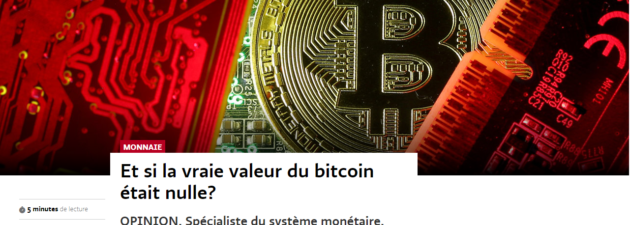This content is available only to some investor categories and no profile has yet been defined. Define your investor profile to access this content.
Letter from confinement – Weekly Update


This content is available only to some investor categories and no profile has yet been defined. Define your investor profile to access this content.

On the long run, financial markets are driven by two major, opposite forces: value and trend. As we are crossing into a new decade, we might be at a turning point, when the former overcomes the latter.
Ever since the referendum in 2016, there has been an increasingly depressing dialogue of the deaf over what is undoubtedly the defining socio-economic issue of the century for the UK. We have substituted reasoned argument over the pros and cons of belonging to the European club with rants over ‘the will of the people’, what the Germans did to the grandfathers of the present-day European Research Group (ERG) and a wholesale dismissal of ‘experts’ and ‘elites’ – after all, what do they know? Any debate about our future in or out of Europe must start with the current state of the economy – not a bald GDP number, but an analysis of what we do well and what we don’t. This is an attempt to put some context into the debate.
Last week the financial sector and the international development sector gathered in Geneva to discuss how asset managers, asset owners and banks can contribute to achieving the UN’s Sustainable Development Goals. Here is why one should resist the temptation of cynicism.
Greece and Iceland’s recent economic histories offer an interesting case for a comparative study. Highlighting the danger of running a large current account deficit, their experience can also be a guide for the future of the British economy and currency.
As recession fears rose last week, government bond yields in Europe reached new lows. In our opinion, a long-term investor ought to seek better investments than assets that will yield negative nominal returns over several decades.

In this article published in Le Temps, our senior fund manager Michaël Malquarti explains his opinion on the bitcoin.
An expert of the monetary system, he takes to pieces the arguments justifying the dizzying rise of the cryptocurrency. Not being legal tender and with no consensus on its value, the bitcoin in fact is worth nothing…